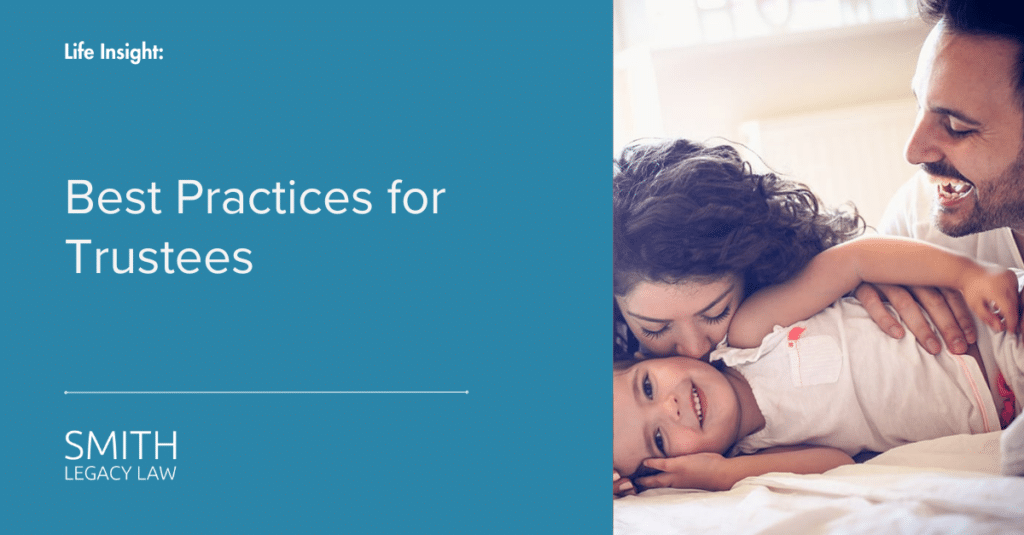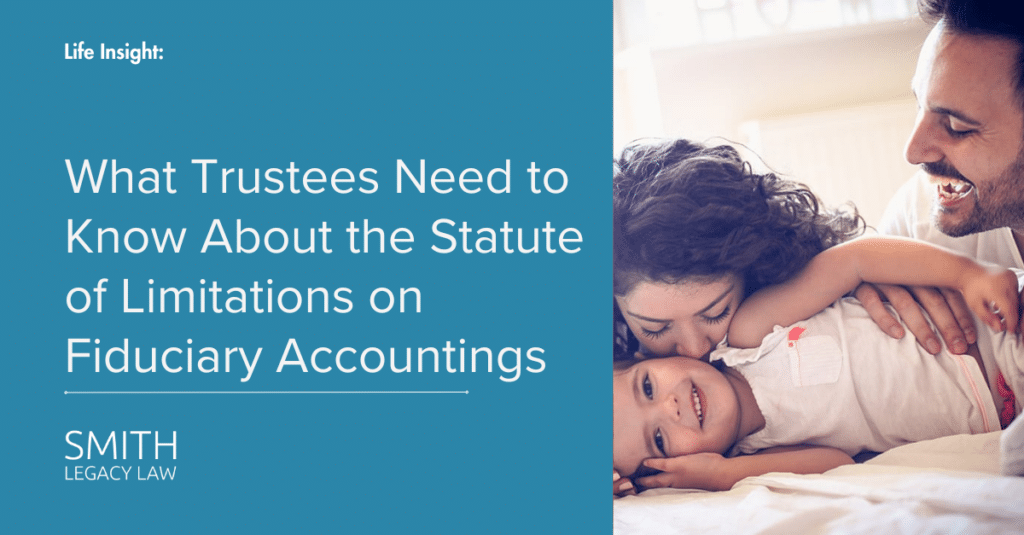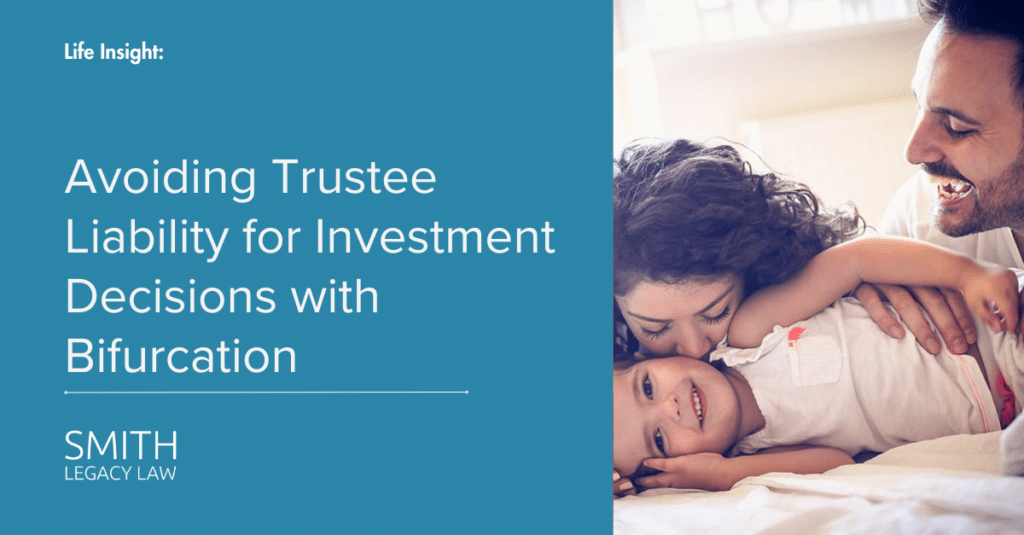What Will Happen When the Current Gift and Estate Tax Exemption Sunsets in 2025?
The federal government, and some state governments, have a gift and estate tax that applies to assets transferred to another party. However, the tax only applies if the transfers exceed a specific threshold. Amounts below that threshold are exempt from tax. In...
Best Practices for Trustees
Trustees can have significant discretion in how they manage assets depending on the language of the trust instrument. However, as fiduciaries, they owe a duty of loyalty to beneficiaries and can be charged with breach of fiduciary duty for acting or failing to act...
What Is a Quiet Trust?
Individuals usually create a trust because they want to protect and provide for loved ones. However, it’s common for them to be concerned about how knowledge of the trust assets might affect their beneficiaries and the actions of third parties. Beneficiaries might...
What Trustees Need to Know About the Statute of Limitations on Fiduciary Accountings
Serving as a trustee is a responsibility that must be undertaken with care because trustees act in a fiduciary capacity. They owe certain legal duties to the beneficiaries of the trust and can be personally liable for breaching those duties. Accordingly,...
Avoiding Trustee Liability for Investment Decisions with Bifurcation
Generally, trustees are required to prudently invest the assets of a trust. If they fail to do so, pursuant to the Prudent Investor Act, they can be personally liable to the beneficiaries of the trust. As a result, many trustees prefer to delegate their investment...
Debt Ceiling Deal – What Does It Mean for You?
Debates over raising the debt ceiling deal and the associated nail-biting have become an unfortunate norm in the U.S. The debt ceiling refers to the limit set on the amount of money the U.S. government is authorized to borrow for current existing legal obligations....





